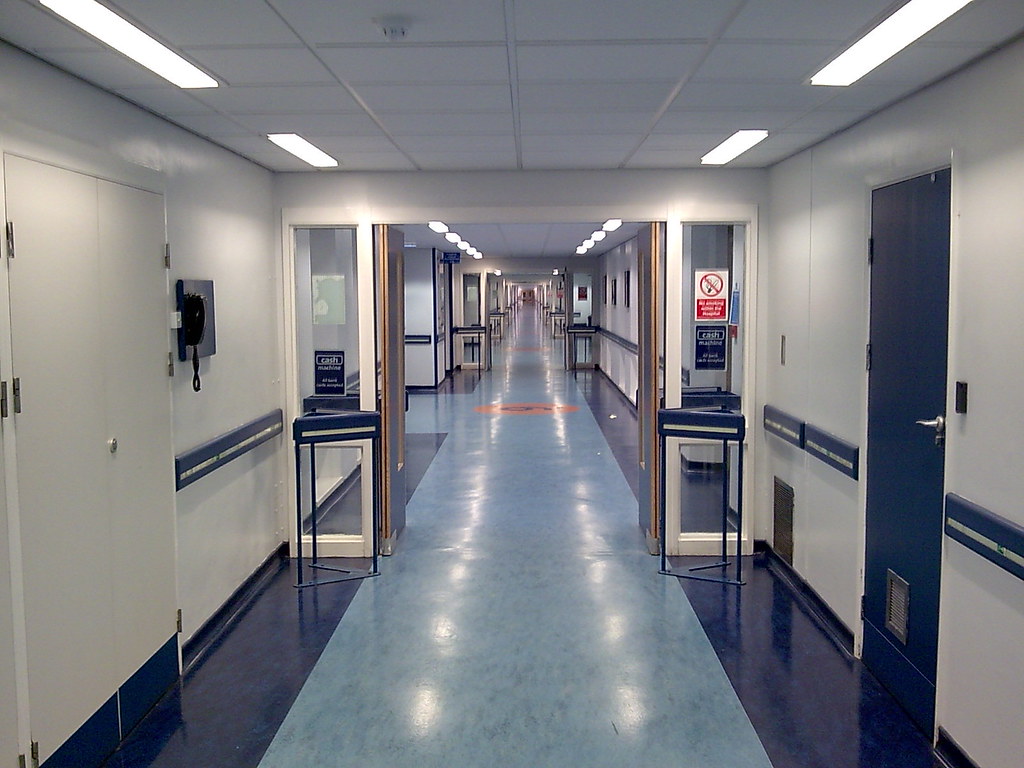
No matter who forms the new government in May 2010, the new set of ministers will have to tackle the worst deficit in UK public finance for decades. The 2010 to 2015 period will inevitably require policy-makers and citizens to make some hard choices – either raising taxes or pruning spending on previously highly valued public services.
As part of our ‘Hard Choices’ series, Zack Cooper of LSE Health looks at the NHS as an election issue.
The National Health Service will be a central issue in the 2010 General Election. Over the last decade, the Labour government has nearly doubled NHS spending in real terms and has introduced significant reforms across the health service. During the same period, the NHS has improved considerably on most measures of quality and patient satisfaction, although it still lags behind a number of comparable European countries on cancer survival and the quality of stroke and heart attack care. More than anything else, in the next decade, the NHS will need to become more efficient in order to stay financially viable.
During their tenure in office, in addition to increasing NHS spending, there have been three central themes to Labour government’s health care reforms:
- An increase in centrally set targets, particularly in relation to waiting times.
- A new general practitioner (GP) contract that enables providers to earn additional revenue by achieving various clinical and service related quality targets.
- An increase in patient choice and a new activity-based reimbursement system for providers, which has created significantly more competition between hospitals.
The government has made significant progress on hospital waiting times and the waiting times for care in Accident and Emergency departments. The number of patients on waiting lists has decreased by approximately 600,000 patients since 1997 and average waiting times have fallen substantially. Likewise, patient satisfaction with the NHS is at its highest point in 20 years and hospital mortality and hospital infection rates have decreased substantially.
All three main parties are committed to continuing to increase patient choice and continuing to promote the publication of information on hospital quality. The parties differ, however, on the degree of centralisation of the health service. The Labour party will campaign on their existing record with the health service and have also proposed drafting into law, ‘patient’s rights’, such as guarantees that individuals will not have to wait over a certain amount of time for care. In contrast, the Conservative party have proposed shifting the Department of Health’s focus to public health and creating an independent NHS board which will take responsibility for managing the day-to-day management of the health service out of the hands of politicians.
Both major parties have pledged to continue to increase NHS funding in real terms going forward. However, the rate of real terms increases from 2010/2011 onwards will be significantly slower than the increases in spending from the last decade. Unfortunately, there are only two ways to reduce how much we spend on healthcare: either cut services or become more efficient. Clearly the latter strategy is more appealing than the former. Thus far, neither party has clearly stated their plans either to rein in healthcare spending or to make the NHS more efficient.






